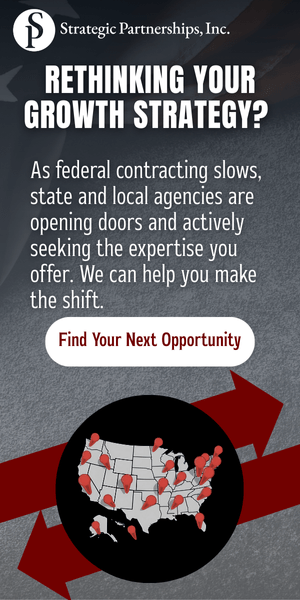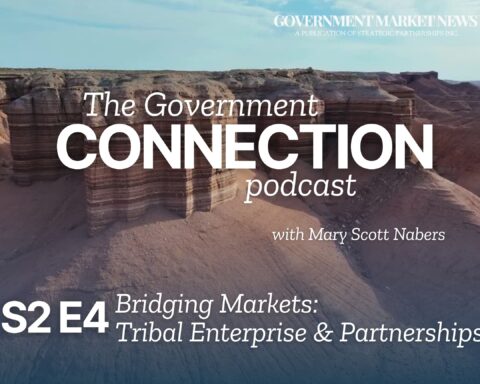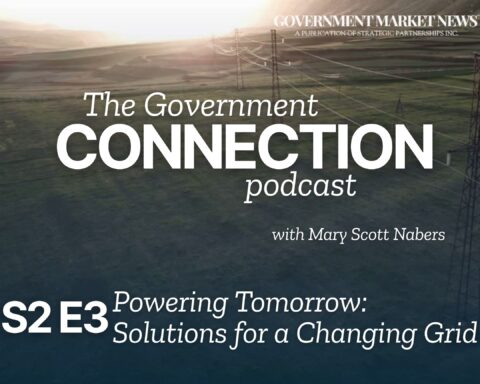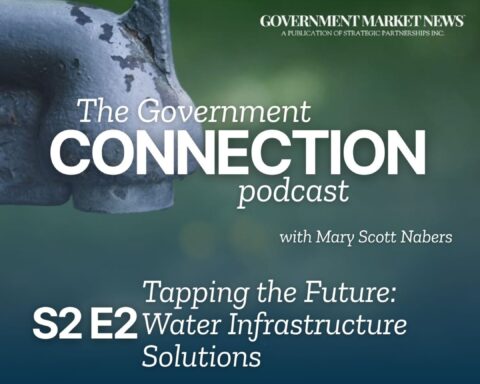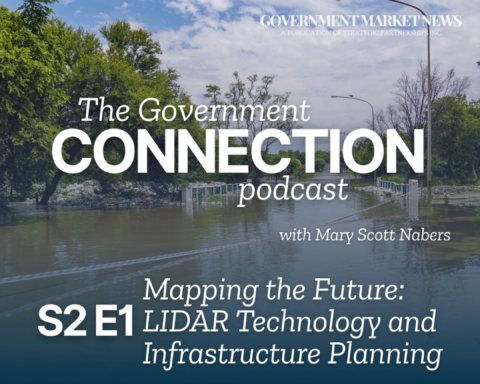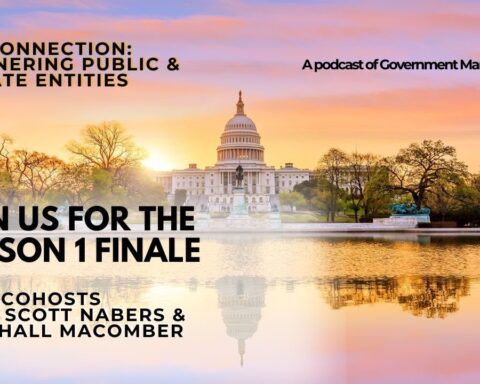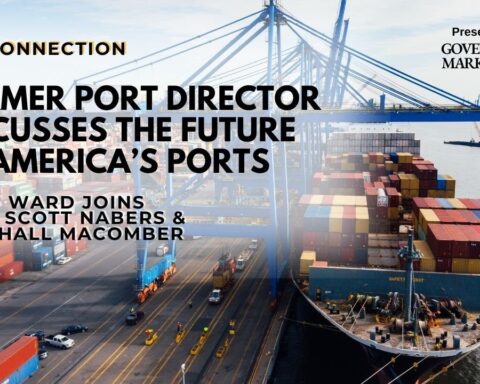Join hosts Marshall Macomber and Mary Scott Nabers on the latest episode of The Connection: Partnering Public & Private Entities podcast as they explore available public-private partnerships (P3s) in Puerto Rico with Fermín Fontanés, Executive Director of the Puerto Rico P3 Authority.
Fontanés highlights Puerto Rico’s economy, driven by manufacturing and tourism, and discusses the exciting range of P3 projects available, including airports, seaports and energy infrastructure, presenting lucrative opportunities for companies in the United States.
Emphasizing Puerto Rico’s robust legal framework and strong federal partnerships, Fontanés underscores the stability and transparency of the procurement process, attracting both local and international participation.
Looking ahead, Fontanés identifies key areas for investment such as renewable energy generation, solid waste management, broadband expansion and social infrastructure. Don’t miss out on this insightful discussion on the future of infrastructure investment in Puerto Rico and beyond, available wherever you get your podcasts.
Meet This Week’s Expert Guest: Fermín Fontanés


Fermín Fontanés currently serves as Executive Director of the Puerto Rico Private-Partnerships Authority (P3A). Fontanés is responsible for leading and managing the recently announced public-private partnership (P3) agreement for the transformation of Puerto Rico’s electric power Transmission and Distribution system (T&D). Through his role in P3A, he is in charge of several innovative P3 infrastructure projects including, the advance metering system for the Puerto Rico Aqueducts and Sewers Authority, the cruise terminals of the Puerto Rico Ports Authority and improvements to the transportation services for the Maritime Transportation Authority.
Mr. Fontanés’ previous private practice concentrated in various areas of federal and local environmental, energy and land use law including corporate transactions, permitting, regulatory compliance and environmental litigation. Prior to his role in the P3A, he also counseled clients during all development stages of projects, including due diligence reviews, site selections, environmental impact review and permitting. He has been listed as a Foreign Expert for his work in the U.S. Virgin Islands by Chambers and Partners – Global and as an Environmental Lawyer by Chambers and Partners – Latin America.
Meet expert co-hosts:
 Marshall Macomber is a visionary executive with a unique blend of business development, political strategy, communications, and public sector experience. He is founder and president of ThinkP3, a DC-based consulting and lobbying firm promoting innovative infrastructure solutions and alternative delivery models such as public-private partnerships (P3s). He played a key role in the 2021 infrastructure bill, initiating a vital USDOT program for state DOTs. Macomber is also a former Chief of Staff to Congressman Mike Rogers and holds an MBA from Georgetown University. A member of George Washington University’s ESG & Infrastructure Steering Group and other boards, he is a frequent speaker, panelist and moderator at industry events. A driving passion for growing public transit, building walkable and equitable cities, decarbonizing America’s energy grid, and improving railroad infrastructure and operations gets him up in the morning and keeps him up at night.
Marshall Macomber is a visionary executive with a unique blend of business development, political strategy, communications, and public sector experience. He is founder and president of ThinkP3, a DC-based consulting and lobbying firm promoting innovative infrastructure solutions and alternative delivery models such as public-private partnerships (P3s). He played a key role in the 2021 infrastructure bill, initiating a vital USDOT program for state DOTs. Macomber is also a former Chief of Staff to Congressman Mike Rogers and holds an MBA from Georgetown University. A member of George Washington University’s ESG & Infrastructure Steering Group and other boards, he is a frequent speaker, panelist and moderator at industry events. A driving passion for growing public transit, building walkable and equitable cities, decarbonizing America’s energy grid, and improving railroad infrastructure and operations gets him up in the morning and keeps him up at night.

Mary Scott Nabers is President/CEO of Strategic Partnerships, Inc. (SPI). A recognized expert regarding P3s, she is the author of Collaboration Nation – How Public-Private Ventures Are Revolutionizing the Business of Government & Inside the Infrastructure Revolution – A Roadmap for Rebuilding America. Her articles have been published by media outlets, including Forbes, CNBC, The Hill, & POLITICO. Mary was the President and General Manager of two media firms. In government, she served as the Commissioner representing Business at the Texas Employment Commission where she was a high-profile, proactive business advocate who founded The Texas Business Council. Then, Commissioner Nabers moved to the Texas Railroad Commission, the state’s regulatory agency for the oil and gas industry, which at the time regulated approximately $65 billion of the state’s economy annually.




